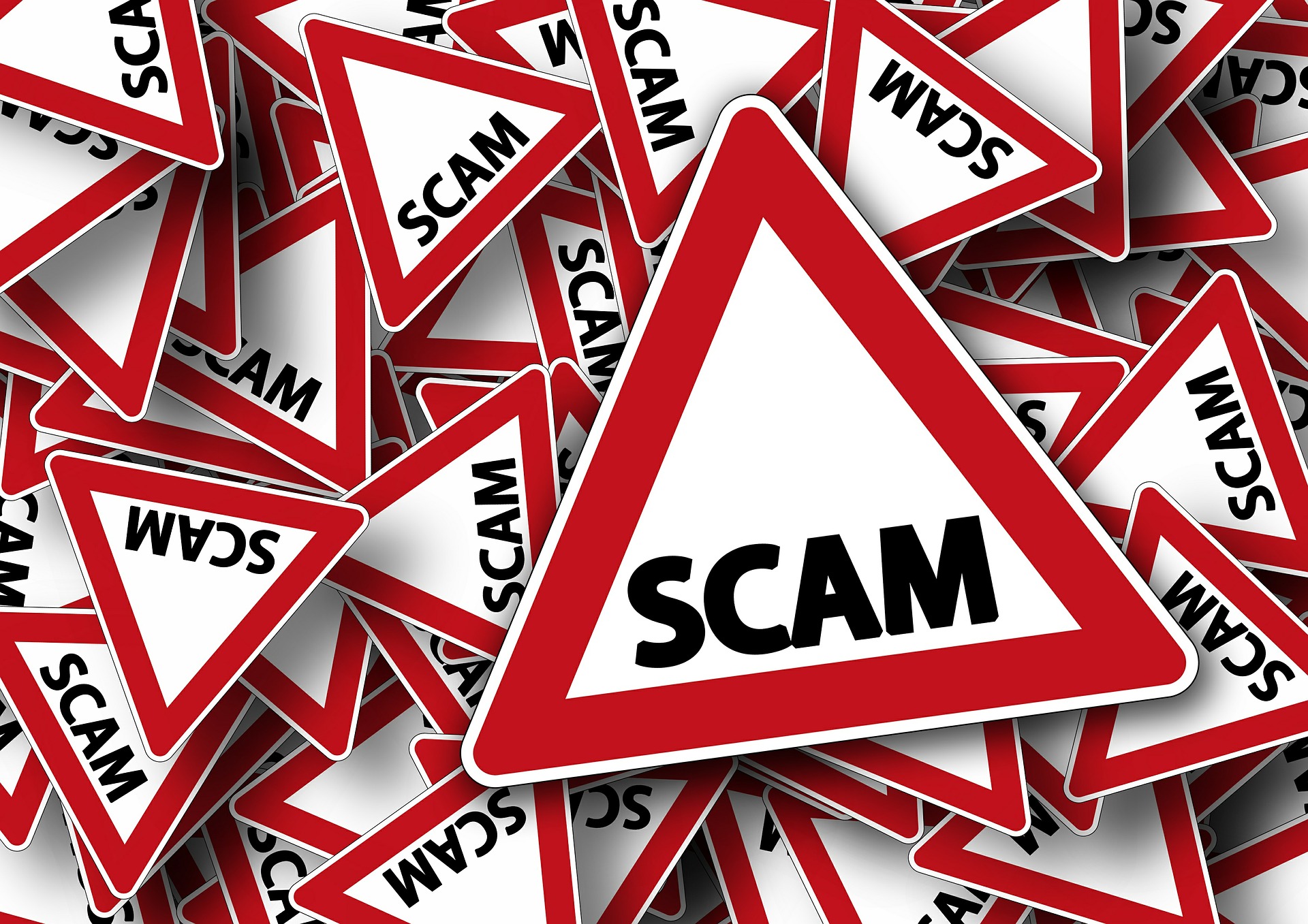I am not normally one to be scammed; I am far too smart for that. However, on one occasion I came pretty close.
Like many people, I was seduced by an online ‘free sample’ ad, and being partial to a little freebie here and there, a free jar of moisturiser was very appealing. To get this free sample though I was asked to give my bank details, and at first, I wondered what merry trick is this? The product was supposed to be free. Outwardly, while the product was free, postage was not. OK. My bank balance could support a one-off £3.99 postage.
Soon after clicking ‘Send’, I duly received my pot of gold and, in no time, will be looking like the beauty I should have been born. The merch arrived, and I set it to work. Shortly thereafter, however, cracks began to appear, and not just on my face. The company were looking to fleece me off nearly £80 a month for the cream. It was cleverly hidden in the very tiny small print. And without a magnifying glass to hand, you were screwed.
As soon as I realised what the game was, I telephoned the company to cancel. To cut a long and frustrating story short, they agreed (reluctantly) to cancel the transaction and refunded all the money they had taken from my account.
I realised that I was very lucky, for as many as 400 complaints a day are received by banks from people who have been scammed by ‘free sample’ ads, costing customers around £30,000 a day. So be warned. It is said there is no such thing as a free lunch. In this case, there is no such thing as a ‘free sample’.



